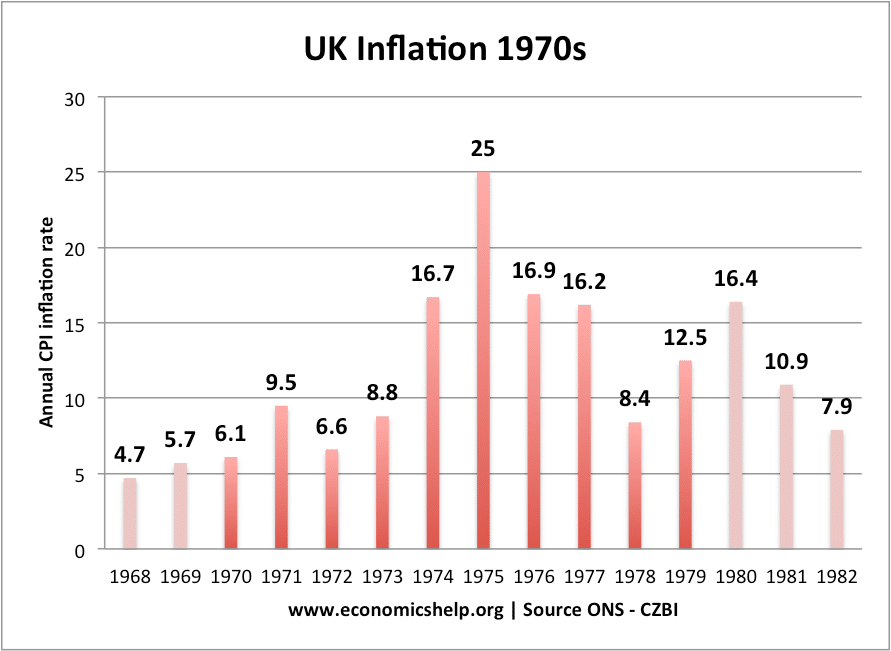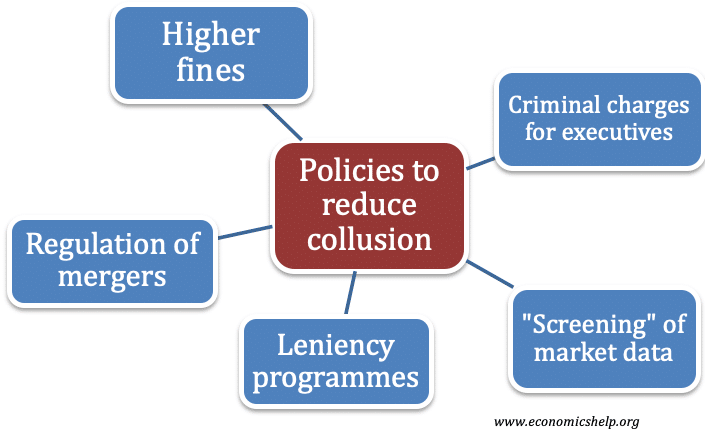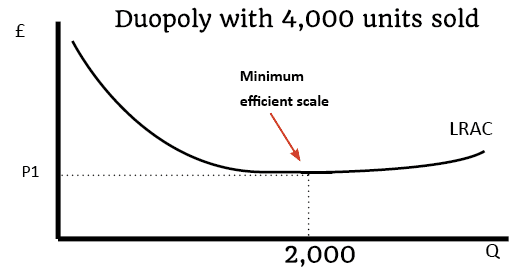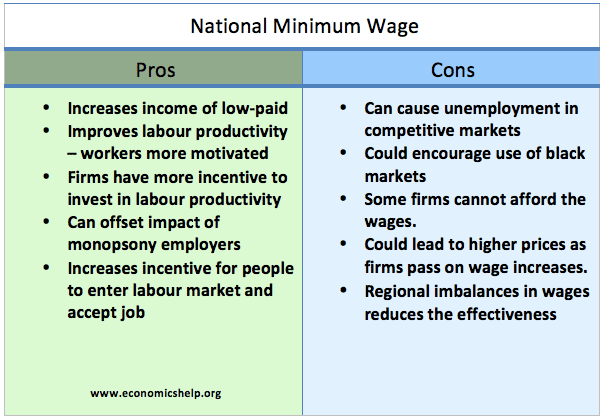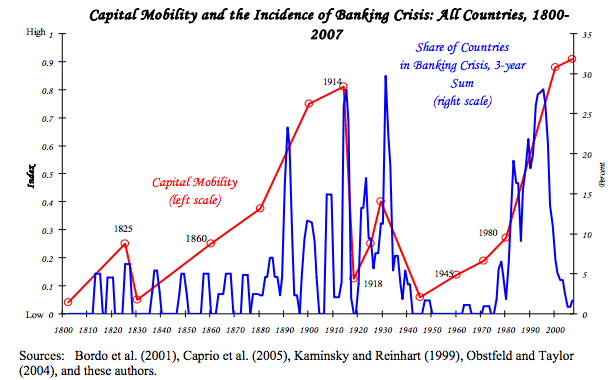Prices and incomes policy
Prices and incomes policy is an attempt by the government to set the rate of increase in prices and the rate of wage increases in the economy. The government do not seek to control individual prices but control the general rate of increase in prices and incomes. Price and incomes policy may involve ‘voluntary’ agreements …

